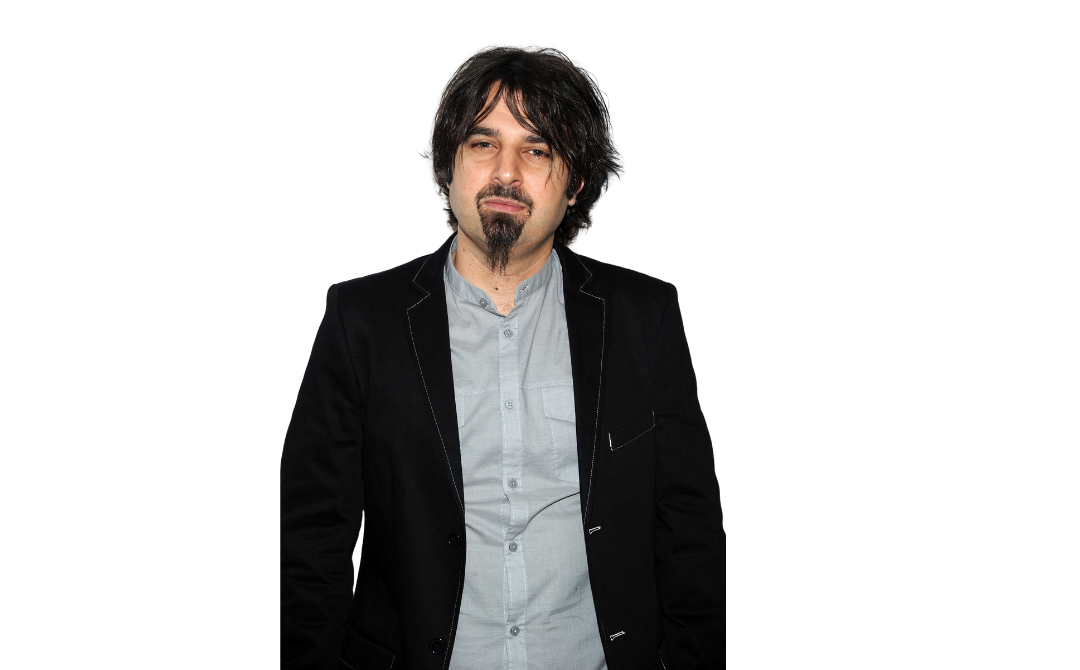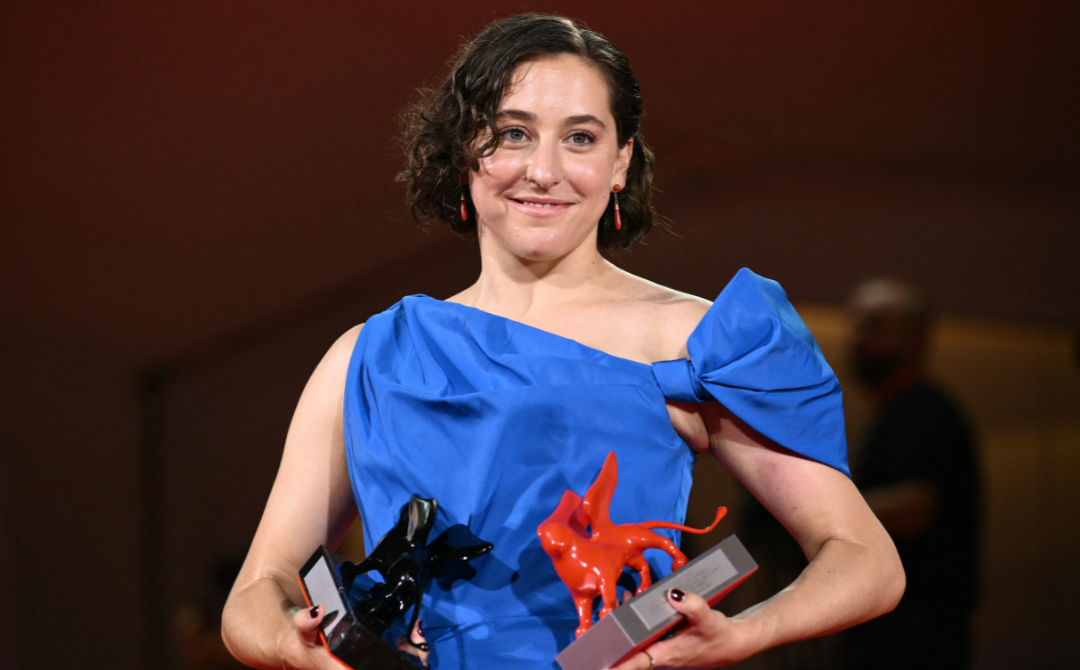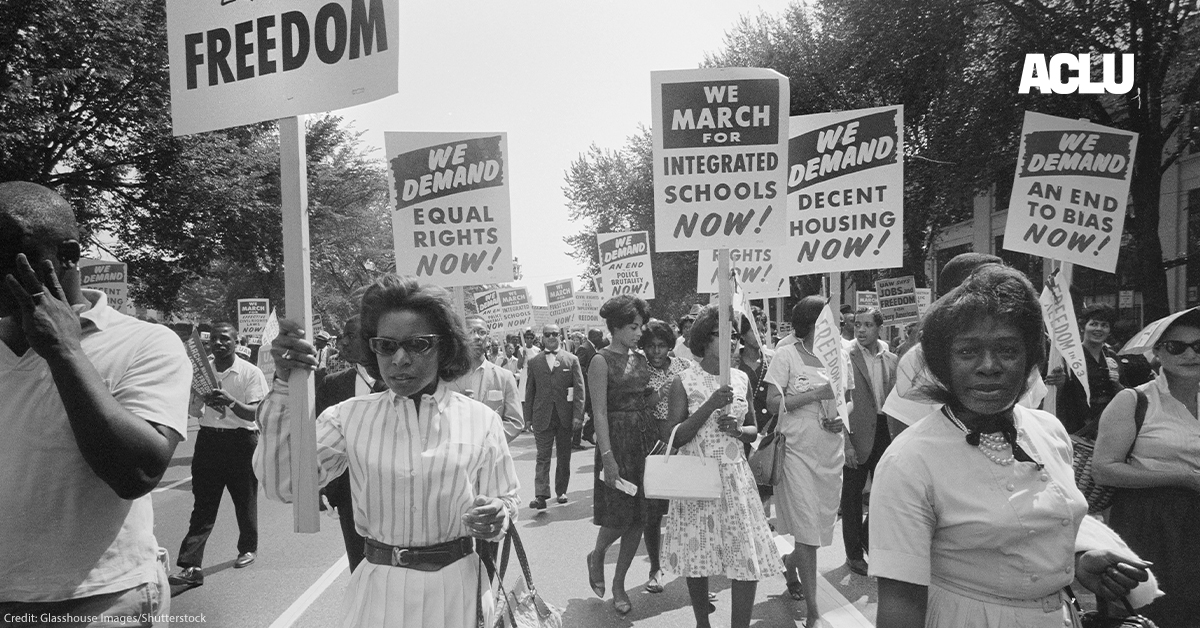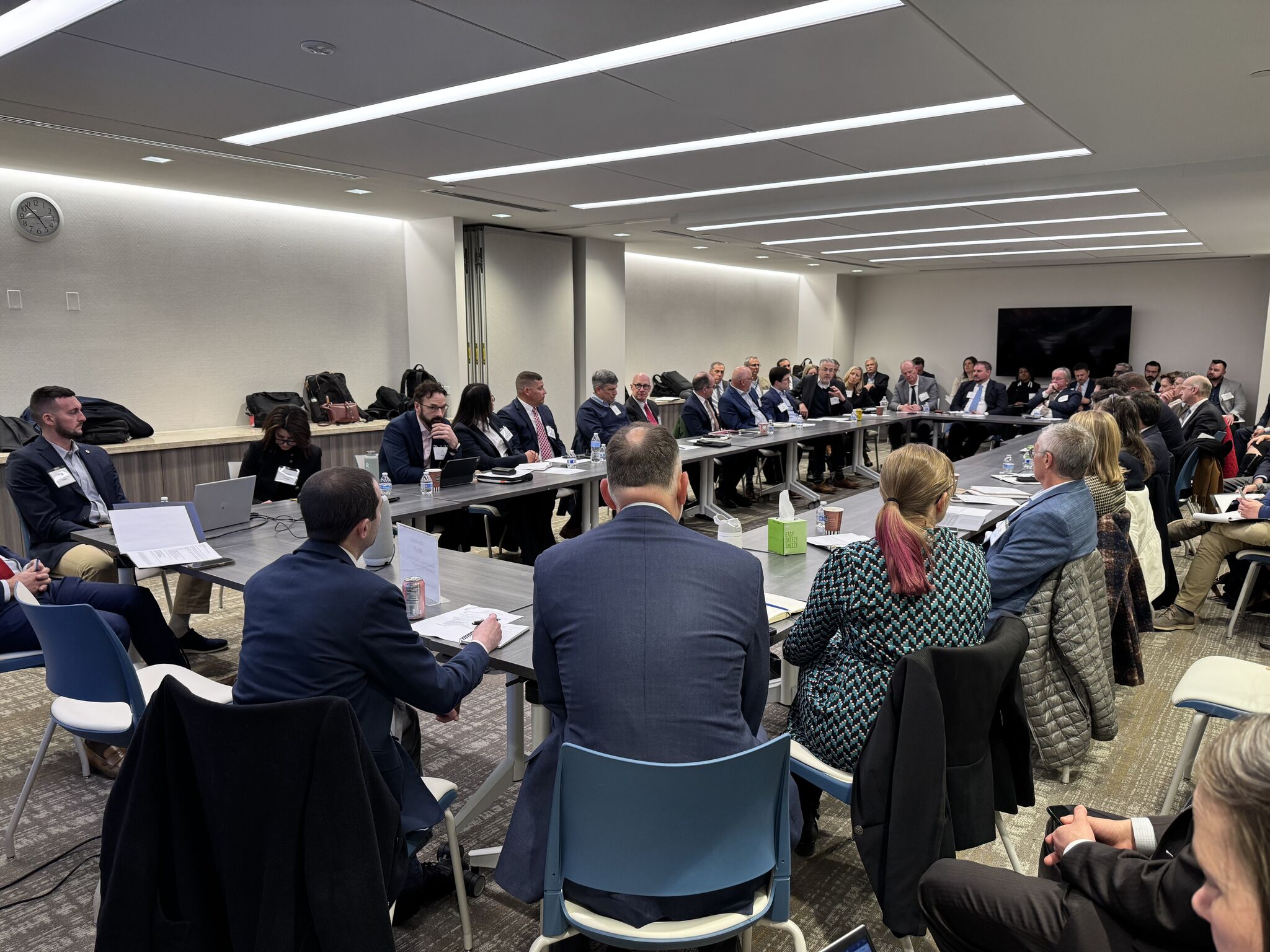SHAH ALAM – Jewish-American filmmaker Sarah Friedland openly voiced her support for the Palestinian people, particularly in response to the ongoing genocide in Gaza.
During her acceptance speech at the Venice Film Festival’s awards ceremony, Friedland delivered a powerful message, expressing her unwavering solidarity with the Palestinian people.
She firmly stated her stance in support of the Palestinian cause, standing strong with them in their fight for justice and liberation.
“As a Jewish-American artist working in a time-based medium, I must note I’m accepting this award on the 336th day of Israel’s genocide in Gaza and 76th year of occupation.
“I believe it is our responsibility as film workers to use the institutional platforms through which we work to redress Israel’s impunity on the global stage,” she said on Sept 7.
Sarah, who received the prestigious Lion of the Future – Luigi De Laurentiis Award for her film Familiar Touch urged fellow filmmakers to use their influence and platforms to advocate for justice.
She also won the Venice Horizons Award for Best Director for the same film, which was also nominated for Best Film.
“I stand in solidarity with the people of Palestine in their struggle for liberation,” she added.
Sarah’s remarks deeply resonated with the audience and received strong support from Palestinian filmmaker Scandar Copti, who won the Best Screenplay Award for his film Happy Holidays.
During his acceptance speech, Copti echoed Sarah’s sentiments, emphasising the devastating impact of the ongoing genocide in Gaza and drawing attention to the alarming death toll among Palestinians

Scandar Copti – Photo by AFP.
Lebanese news portal Al Mayadeen reported that Copti reflected on how the ongoing genocide has tested shared humanity and moral compass over the past 11 months.
“This painful reality reminds us of the devastating consequences of oppression, which is a theme in our film. Our film looks at how moral narratives can bring us together as communities, but also blind us to the suffering of others,” he was quoted in the article.
He added while moral narratives could unite communities, they could also obscure the suffering of others.
Both Friedland and Copti’s speeches received enthusiastic applause and sparked a global conversation about the ongoing genocide Gaza.














